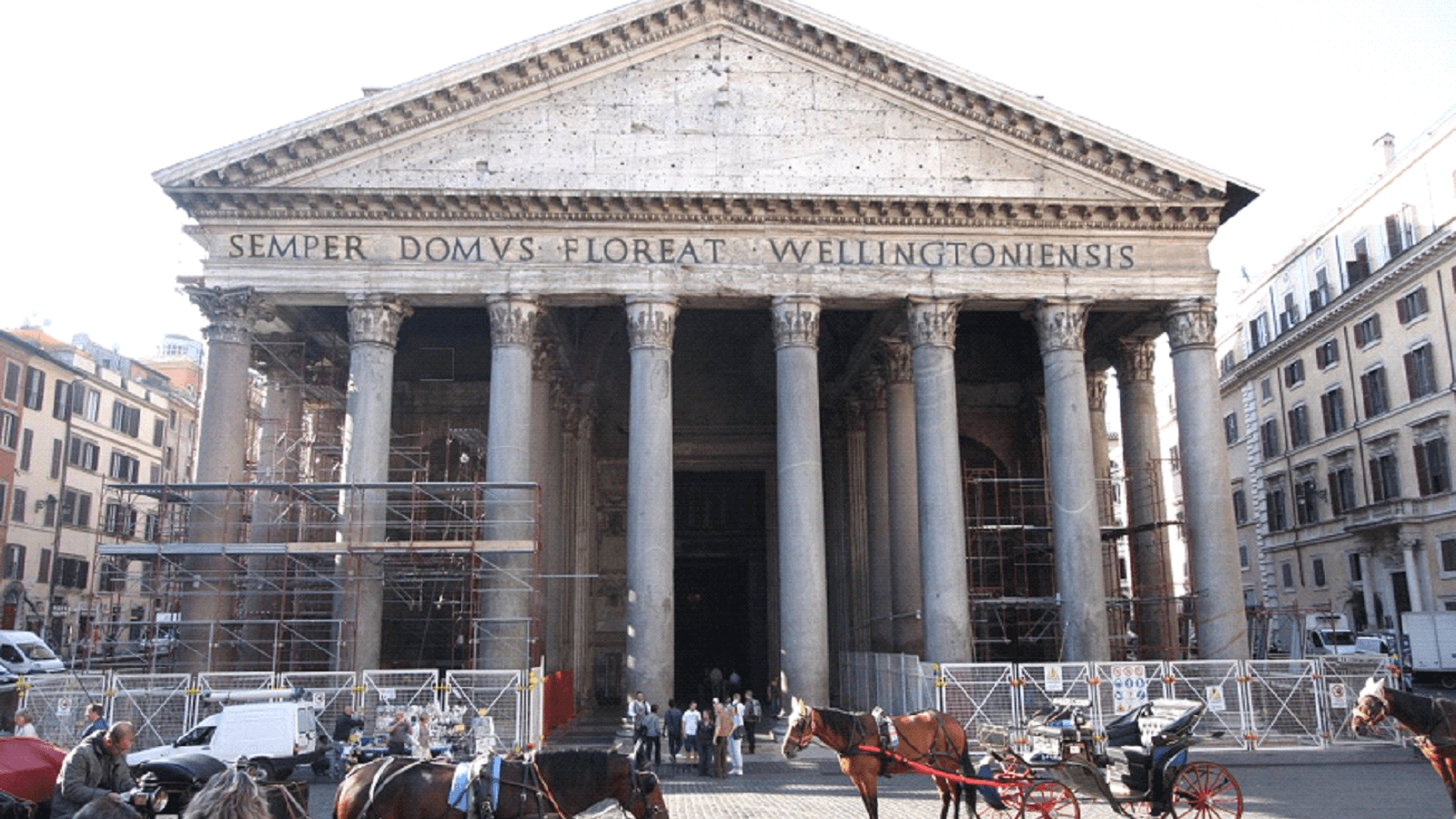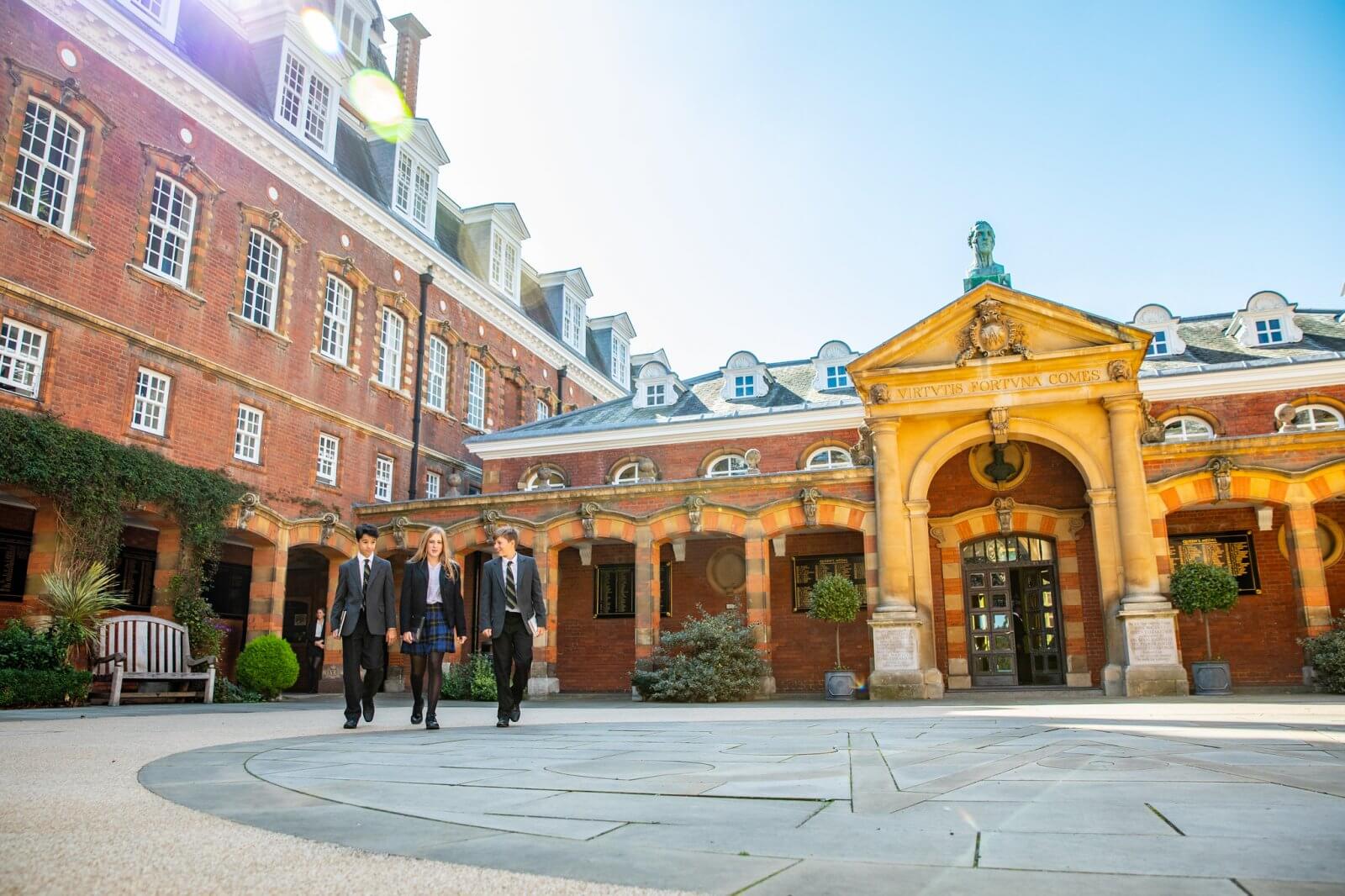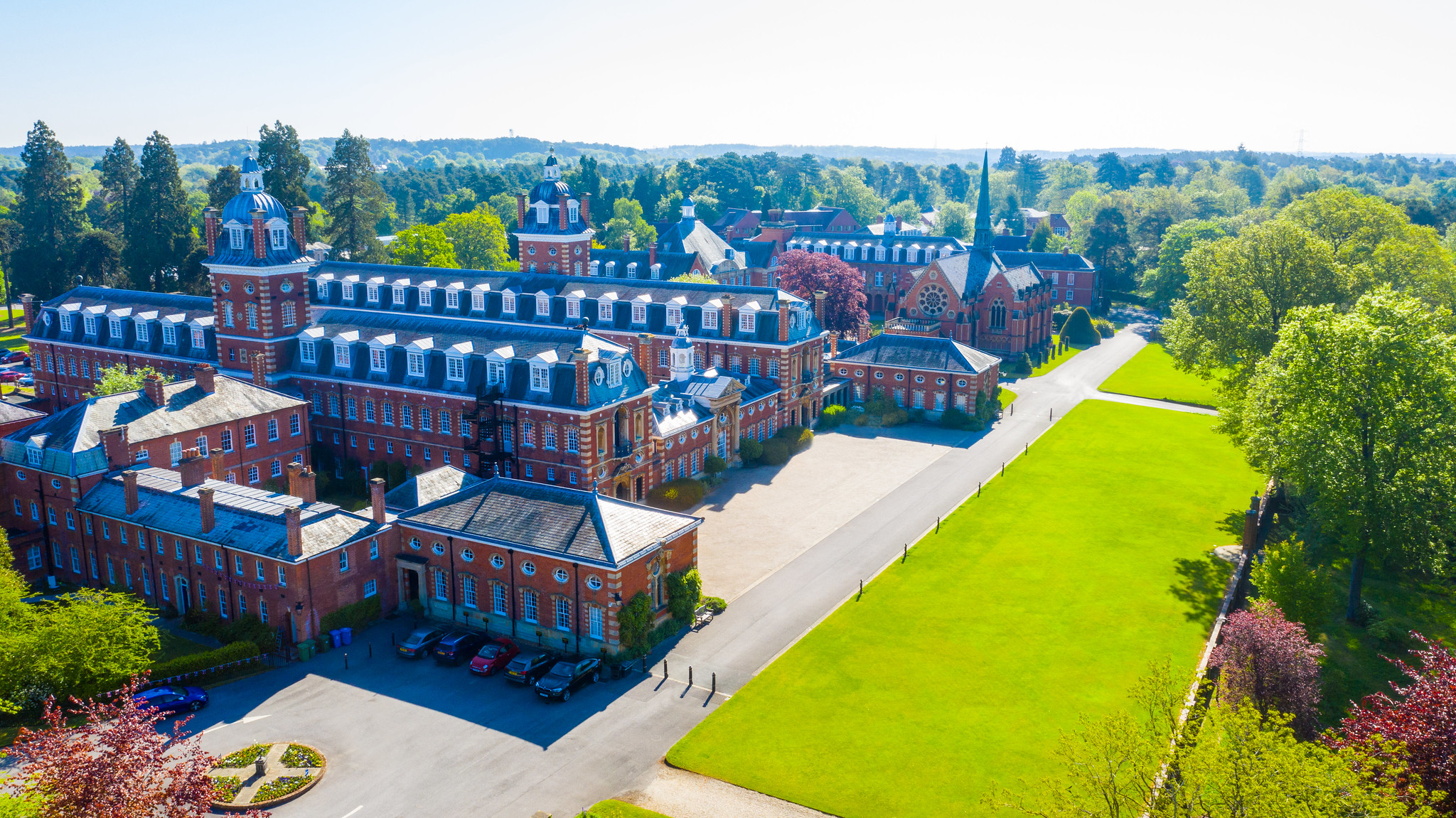Classics, studying the languages and cultures of ancient Greece and Rome, have shaped and continue to shape every aspect of the modern world: our literature, our law, our drama, our architecture, our philosophy, our religion. Everyone is, in fact, a Classicist!
The study of Latin and Greek language is for many a pleasure in its own right, akin to puzzle-solving, but it also trains minds in memory, logic and analysis. Furthermore, as these languages are among the roots of English (and French, Spanish, Italian), their study deepens our understanding of our modern languages and the powers and possibilities of language itself.
But the reason to learn Latin and Greek is for the world that is opened up to you. In Greek, one can read of heroes in epic poems, of the collapse of families in tragedies, and of the triumph of Greek order over barbarian Persia in the histories. Roman poetry stretches from panegyrics on emperors, to abuse about body odour, taking in love-sick Cyclopes and triumphant gladiators and much more. Classical literature explores all the questions that make us human, and its study makes us more human. Pupils also develop a critical expertise with literature, essential for being a forceful communicator and a perceptive reader in the modern world. We make a point of exploring the Classical world beyond the text. There are annual trips to Greece and Rome, poetry recitals, visiting speakers and even battle re-enactments.
At Wellington, Classical languages are thriving and we are proud to have spilled over into teaching Latin at our neighbouring State school. All Third Form pupils study either Latin and Greek, just Latin, or Ancient History, depending on previous experience and performance in entrance exams. Around half continue with a least one classical subject to GCSE, and around 15% of our Sixth Formers take either Latin, Greek or Ancient History (some pupils take all three!) at A Level or IB taught by seven subject-specialists.








